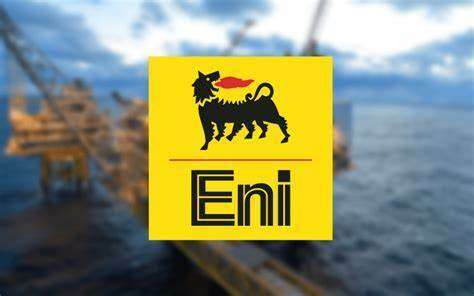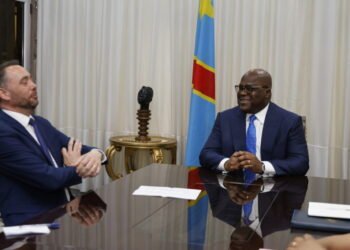Eni and the Government of Rwanda have inked a Memorandum of Understanding (MOU) to identify collaborative opportunities in the areas of decarbonisation and circular economy.
Specifically, both parties will develop a roadmap to pursue business opportunities in the areas of circular economy, agriculture, forestry, innovation and digital information technology, according to a press release today, April 8, 2022.
Under the terms of the MOU, both parties will assess the feasibility of circular economy projects focused on collecting used cooking oil and waste oils, waste management valorization and recycling.
The fields of interest also include agriculture, especially forest conservation and generation of carbon credits through a wide range of initiatives, such as reducing CO2 emissions from the wood-fuel and other service activities.
Other sectors of cooperation under the MOU include innovation and digital information technology targeting circular economy, agriculture, off-grid energy, and other business areas, such as sustainability, health, safety, security and environment.
Goal Behind Signing MOU
The MoU aligns with Rwanda’s goal to fast-track economic development by enabling private sector growth and Eni’s commitment to increasing energy efficiency in African countries, leveraging agro-industrial projects in a sustainable framework.
Luigi Ciarrocchi, Forestry and Agro-Feedstock Director at Eni said:
“Thanks to the MOU! We will develop a solid roadmap to deliver on the energy transition in areas where both Eni and Rwanda are at the forefront.
“The business model we are willing to implement in Rwanda focuses on long-term value creation for all stakeholders, combining economic, financial and environmental sustainability, to improve communities’ quality of life and foster the country’s development in line with the United Nations Sustainable Development Goals.”
Luigi Ciarrocchi,
Based in Italy, Eni is an integrated energy company whose dedication to the energy transition translates into tangible actions aimed at achieving the total decarbonisation of products and processes by 2050. Reports indicate that about 24 percent of global carbon dioxide emissions come from the transport sectors.

Rwanda’s Development Agenda
Rwanda’s development pathway to becoming a middle income economy by 2035 and high income country by 2050 hinges on economic growth linked to a sustainable transport system as a land locked country.
The government aims to decrease flight and logistics cost while establishing an integrated transport system that links with the region. This includes road networks that connect to all borders with neighbouring countries, in-land water transport, state of art airport, and also initiated a regional railway transport.
Commenting on the signing, Rwanda Development Board CEO, Clare Akamanzsi said:
“The government of Rwanda is committed to working with the private sector to ensure sustainable development, which is critical for present and future generations. The partnership with Eni boosts the achievement of this goal. We are hopeful that together we will implement tangible actions that will ensure improved quality of life for our people.”
Clare Akamanzsi
Eni’s business model focuses on long-term value creation for all stakeholders to contribute to the United Nations Sustainable Development Goals. To this end, Eni is committed to promoting more rational use of fossil sources and greater recourse to circular and renewable sources in compliance with the provisions of the Paris Agreement.
READ ALSO: PURC to Consider Consumers’ Interest in Reviewing Tariffs





















